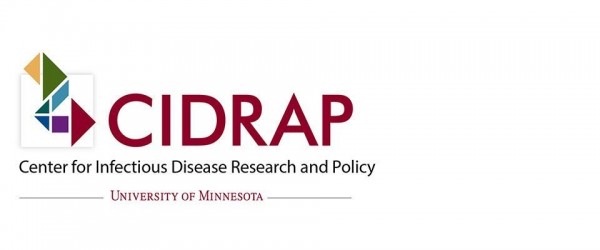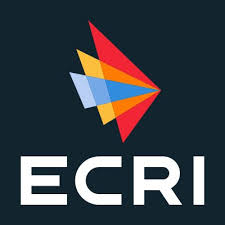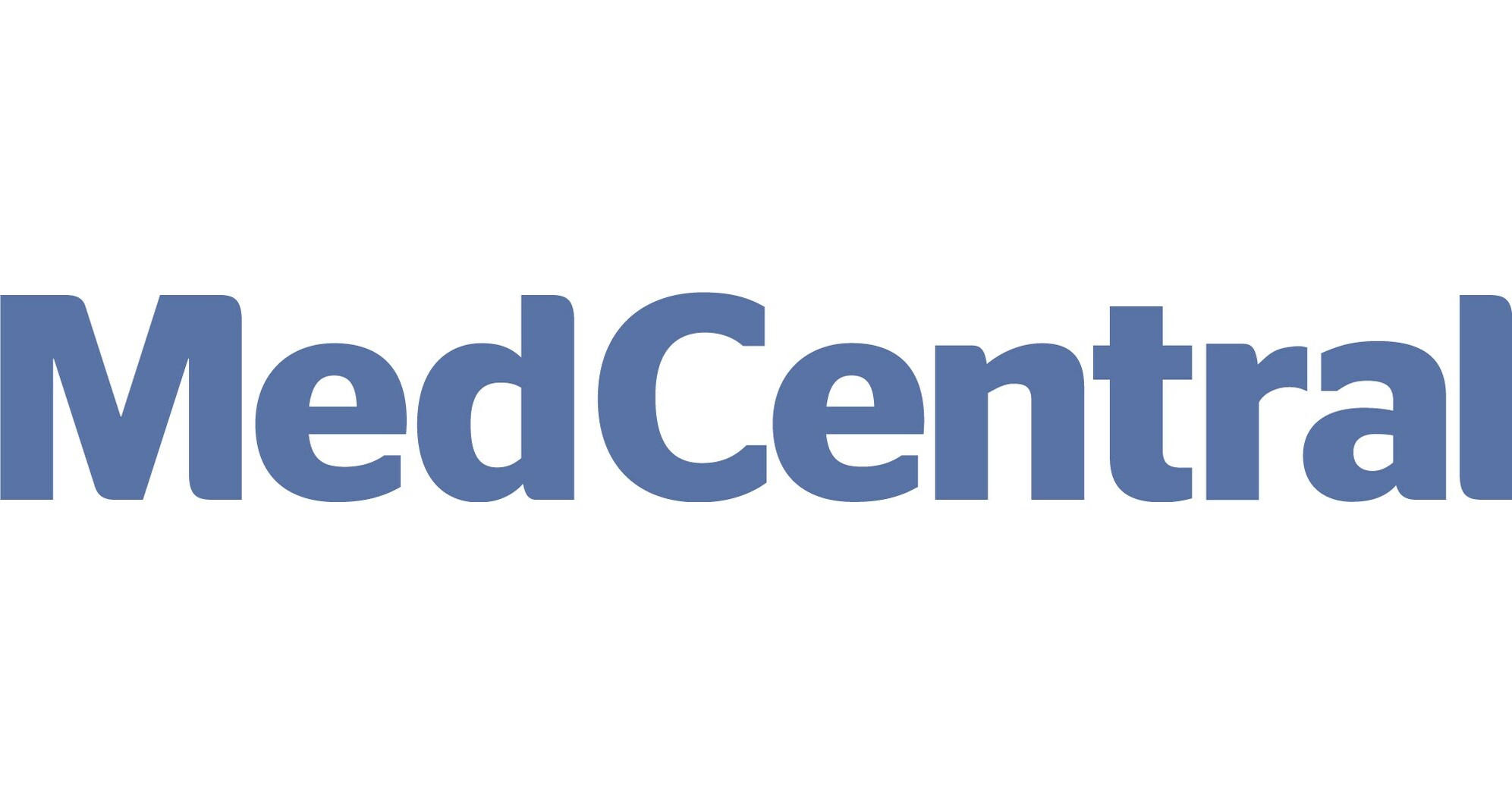
Editor's Note Long COVID strikes healthcare and dental workers at far higher rates than the general population, according to an April 23 article from the Center for Infectious Disease Research and Policy (CIDRAP) at the University of Minnesota. As detailed in the article, two recent international studies reveal that 40%…

Editor's Note Female surgeons achieve better long-term outcomes for surgical patients—especially for female patients—according to a large national study published April 23 in JAMA Surgery. Using US Medicare data from over 2.2 million older adults, researchers found that patients of female surgeons had lower mortality rates and, for women, fewer…

In the OR, precision and focus can mean the difference between life and death. However, surgical patient outcomes hinge on more than the competence of those working in these inherently intense environments. Every procedure also depends on the laborious, behind-the-scenes efforts of the people responsible for ensuring every surgical instrument…

Editor's Note Unnecessary traffic, workflow interruptions, and lapses in protocol in the OR increase the risk of surgical site infections (SSIs), according to an April 23 article in Infection Control Today. While sterile technique, antibiotic use, and instrument cleanliness remain front-line defenses against infection, authors Katharine J. Hoffman, MPH, CIC, and…

Editor's Note Tariffs on medical equipment and supplies continue to climb—a situation that calls for action on the part of healthcare organizations, according to an April 23 article from nonprofit safety organization ECRI. The article highlights ten proactive steps organizations can take to protect both care quality and the bottom…

Editor's Note EEG-guided anesthesia reduces drug use and speeds recovery in children, according to an April 22 report in Neuroscience News. The article focuses on a clinical trial, conducted in Japan and published April 21 in JAMA Pediatrics, comparing standard anesthesia dosing with EEG-guided dosing in more than 170 surgical…

Editor's Note Hospital units with more RNs and fewer long shifts experience significantly lower rates of staff sickness absence, while understaffing and long shifts drive nurse illness, according research published April 22 in JAMA Network. The retrospective longitudinal case-control study involved 18,674 RNs and nursing support (NS) staff across 116…

Becoming a perioperative nurse generally does not require certification. However, expectations can change quickly for those hoping to climb the career ladder. For some, expectations are also changing for how knowledge and skills should be assessed. Rather than taking an exam, this subset of specialty nurses earn certification by submitting…

Editor's Note Helping patients taper opioids preoperatively before deploying multimodal care strategies can help prevent instances of patients already with prescriptions going home with even higher doses. That’s the main takeaway from an April 22 MedCentral interview with Marie N. Hanna, MD, division chief for regional anesthesia and acute pain…

Editor's Note Bariatric surgery improves survival and appears cost-effective over a decade for patients with obesity and compensated cirrhosis, according to an April 18 report in Healio. The findings, based on an analysis published in JAMA Surgery, suggest that bariatric surgery could fill a crucial gap in care for this…